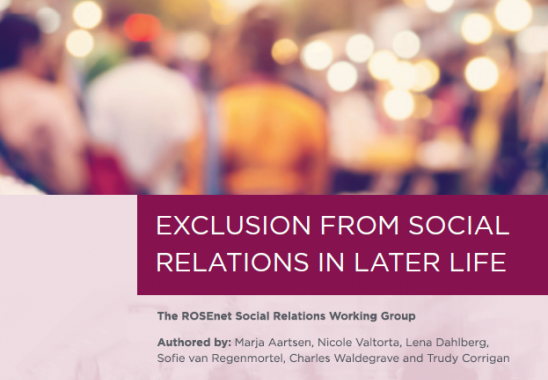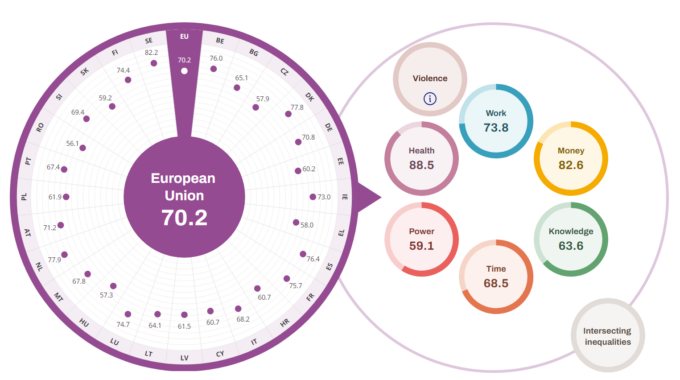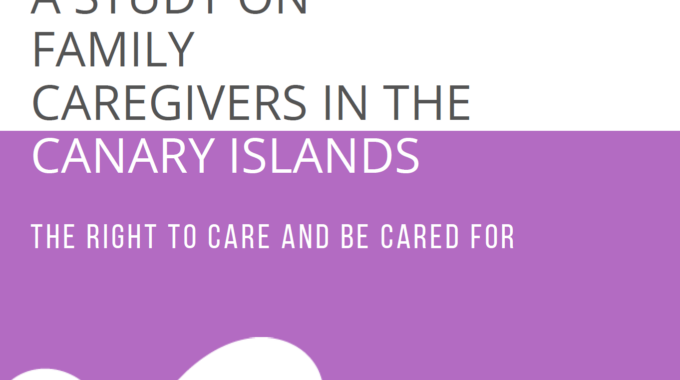
How can old-age social exclusion be reduced?
Last 5 March, the ROSE-Net policy and research European platform launched a series of briefings on older people poverty and exclusion. These publications were presented during a final conference, concluding more than 3 years of years of collaborative and multi-dimensional research. The first five of these Briefs considers each of the different domains of exclusion that can occur in later life. The 6th Brief focuses on multidimensional old-age social exclusion and the ways that these different domains of exclusion can interact and impact on older people’s lives. Each Brief presents an analysis of research evidence, and policy challenges, and outlines a key set of policy messages to reduce exclusion in older age. See the briefs here: http://rosenetcost.com/rosenet-briefing-paper-series/
More on ROSEnet: ROSEnet – Reducing Old-Age Social Exclusion: Collaborations in Research and Policy – aimed at responding to research, policy and societal challenges with respect to the social exclusion of older people in Europe, and beyond. Involving researchers, policy stakeholders and older people, ROSEnet adopted a new and innovative approach to knowledge production and knowledge transfer on multi-dimensional forms of disadvantage in later life. The work focused on exclusion in economic, social, services, civic-rights, and community and spatial domains, how these forms of disadvantage interact in old age and the ways in which developing shared understandings of exclusion in later life can direct meaningful policy and practice.





